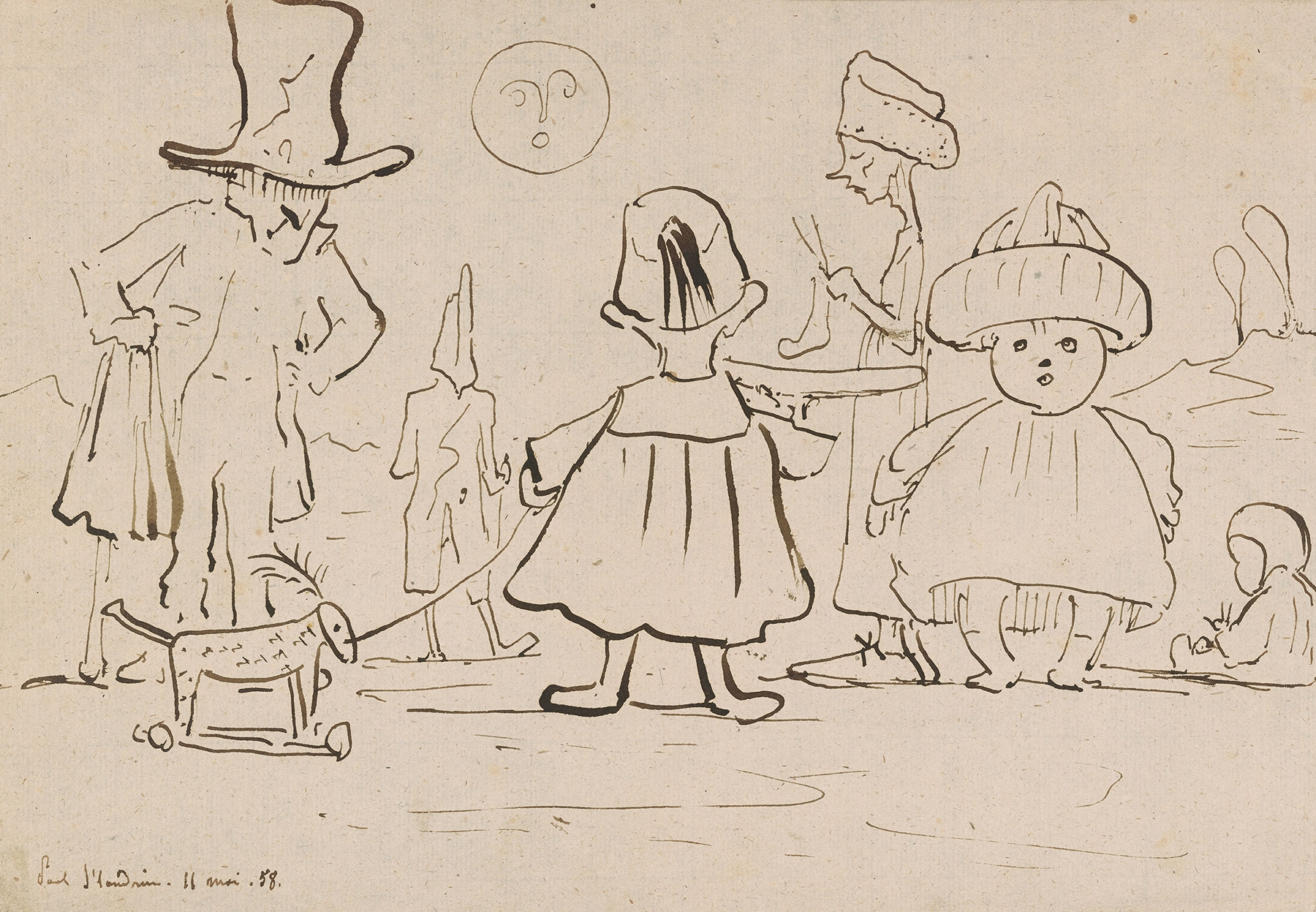What We Lose When We Avoid Honest Conversations in Education and Elsewhere
We live in an echo chamber of polite agreement rather than dynamic improvement. People may spot a flaw but hesitate to voice it for fear of backlash.
I once joined a call to learn about a closed network system for schools—an online directory that helps families across the U.S. find institutions like ours. The sales rep explained they could run ads on their closed network and manage our Meta and Google campaigns. Since we already get over 30 qualified calls a week from those platforms, I stressed that my true focus was their closed network.
She misunderstood my lack of interest in Meta and Google ads, interpreting it as a sign that their work lacked value. Once I clarified that I saw merit in what they offered but had different priorities, she spent forty seconds apologizing while I insisted nothing was wrong.
Growing up in Colombia’s coastal region taught me not to take barbs, teases, or crude nicknames personally. A friend of my father, who farted in class in 1971, is still called “The Atomic Fart” at 65 with three children. We roll with the punches and are strict about what we classify as a punch.
For the last six years, I’ve mostly worked with people from progressive hubs like San Francisco, Austin, and New York. I marvel at how a single remark—misread or not—can trigger apologies that people from other cities or countries are less likely to give. Such behavior, in my view and that of people from these cities who find it odd, often stems from exposure to anti-science, anti-reason, and illiberal movements that breed a fear of offending.
Nowhere does this aversion to genuine feedback stand out more than on social media, where nearly every comment is praise, with unfiltered critiques in short supply. Yes, positivity can spark camaraderie (and gather followers), but it also deprives people of the feedback they need to improve. Some of my biggest leaps in knowledge came from being called out by a mentor or through platforms like Reddit.
In education, the same pattern emerges. Teachers who once gave tough exams, ongoing challenges for ambitious students, and honest critiques now tread lightly to avoid backlash. The system punishes those who stand firm.
Warren Smith’s story illustrates the cost of fighting back. In a viral clip, a student asked Warren about J.K. Rowling's bigoted opinions, and Warren asked the student to define "bigoted opinions." After some back-and-forth, the student realized he couldn’t back the accusation. However, Warren’s refusal to accept the student's stance, despite potentially offending others, led to his firing. This erosion of standards stalls students’ and teachers' growth.
As a Chief Product Officer for a virtual school, I compare this reluctance to accept feedback with how top-performing teams function. The best groups analyze recorded calls, pinpoint mistakes, and refine their strategies. They endure the sting of criticism for the sake of collective progress.
Schools have Teacher A, who leads engaging but not challenging classes, and Teacher B, who teaches challenging but not engaging classes. Rather than learning from each other, they remain on separate “style islands,” missing insights that could transform their classrooms.
Real progress hinges on identifying what isn’t working and confronting it directly. You accept the system’s downsides to strengthen it. By prioritizing constructive, objective input—rather than fearing offense or apologizing—we allow ourselves, our students, and our industries to learn, adapt, and excel.


